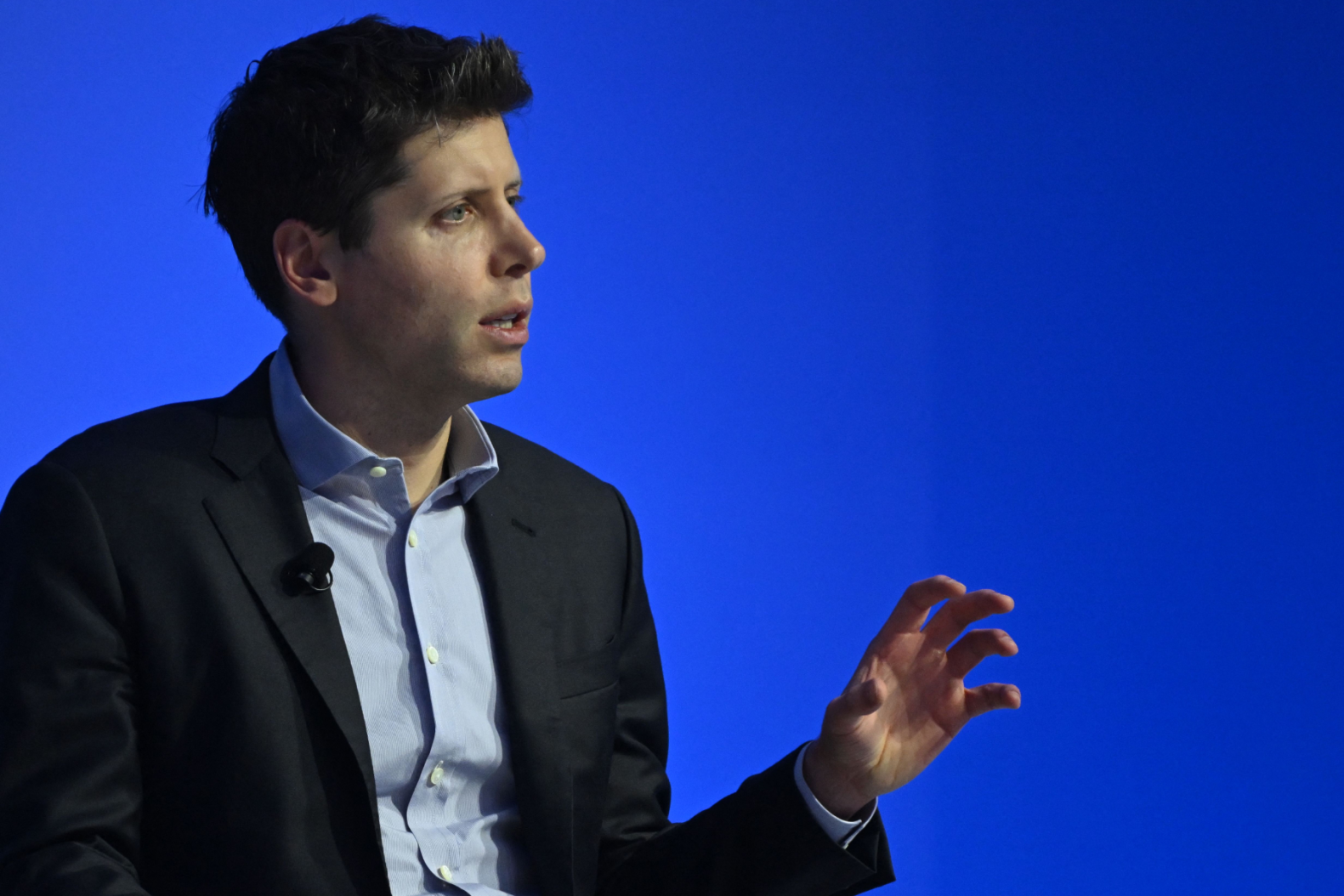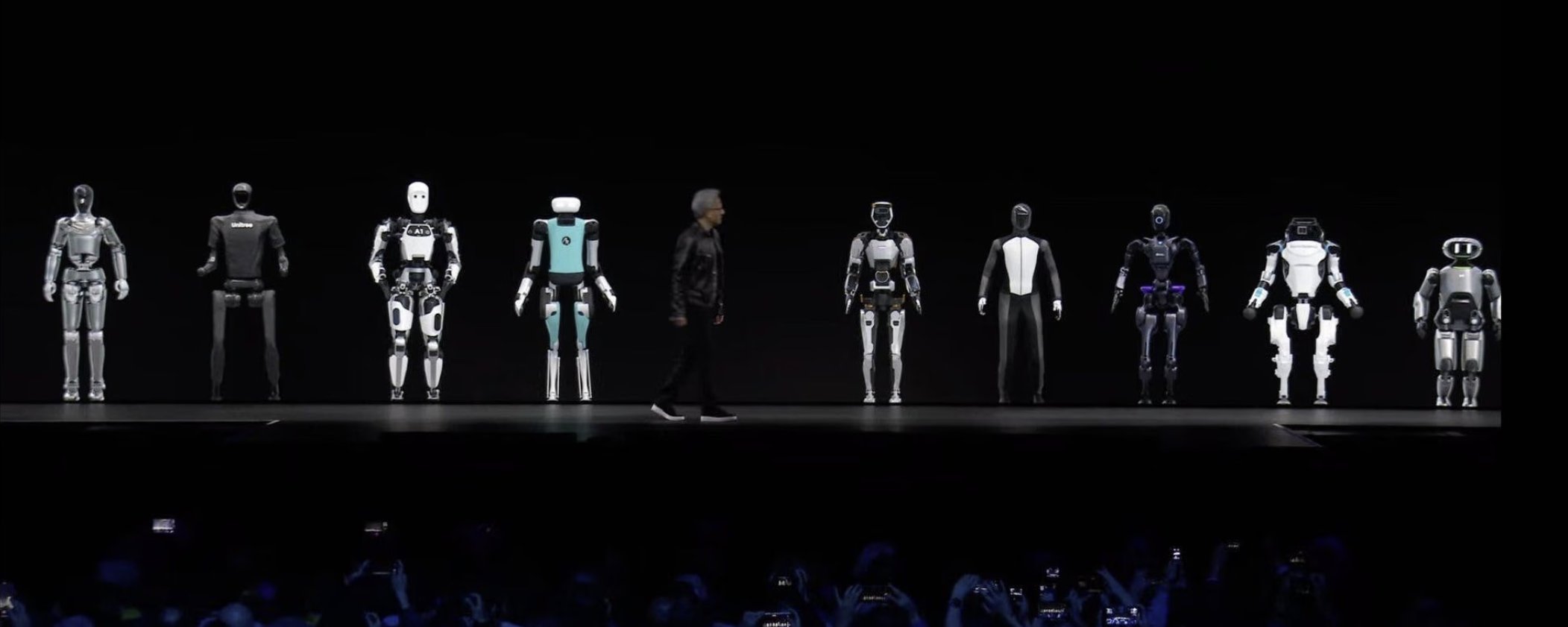Wisereads Vol. 110 — Robin Guo on Life is Poker, Not Chess, Dostoevsky’s Notes from Underground, and more
Last week, we shared The Montessori Method, Maria Montessori's radical exploration of curiosity-led education. This week, we're sharing Fyodor Dostoevsky's Notes from Underground, a brief but foundational work of existentialist literature.
Keep reading to add to your Reader account below 👇
Most highlighted Articles of the week

Abundant Intelligence
OpenAI CEO Sam Altman has unveiled plans for a new factory aimed at pushing past current compute limits to pursue bold goals like curing cancer and tutoring for every student. "Our vision is simple: we want to create a factory that can produce a gigawatt of new AI infrastructure every week. The execution of this will be extremely difficult; it will take us years to get to this milestone and it will require innovation at every level of the stack, from chips to power to building to robotics."

Boring is good
UX design veteran Scott Jenson predicts that Small Language Models will steadily replace larger general-purpose models in niche use cases, describing a future that's far less glamorous than headlines suggest. "Ultimately, a mature technology doesn’t look like magic; it looks like infrastructure. It gets smaller, more reliable, and much more boring. We’re here to solve problems, not look cool."

Life is Poker, Not Chess
As an investor at a16z, Robin Guo draws on his poker background not just in business, but in life. He shares how probability, table selection, bluffing, and variance come into play in everyday decisions. "Chess assumes a controlled environment: perfect information, one opponent, predictable outcomes. Life is much messier. Life is multiple players with hidden cards, changing rules, and luck that can absolutely demolish skill in any given hand. Once you start seeing life through the poker lens, you realize most people are playing chess in a poker world. No wonder they're frustrated when the "right" moves don't pay off."
Most highlighted YouTube Video of the week

Wait... Smart Glasses are Suddenly Good?
Just ten months after roasting Meta’s prototype Orion AR glasses, Marques Brownlee is now raving about their successor: the Meta Ray-Ban Display, soon to hit shelves. "And as I'm getting to try these, I just keep thinking, 'The rate of improvement is kind of insane.'... it got me thinking about if it could bring us closer to a post-smartphone world, which is obviously still super far away."
Most highlighted Twitter Thread of the week

The Humanoid Thesis
Mechanism founder and investor Andrew Kang explains why his firm believes general-purpose humanoid robots will take center stage, and why they’re backing companies like Apptronik and Figure. "Why do they have to look like humans? Because we’ve already built the world for humans. Door handles, shelves, forklifts, stairs—it’s all optimized for two arms, two legs, and a certain height. You can’t beat a form factor that’s natively interoperable with everything. We’ve optimized hundreds of years of infrastructure around human ergonomics."
Most highlighted PDF of the week
Nine Things I Learned In Ninety Years
At the age of 94, Edward Packard, ideator and writer of Bantam’s first Choose Your Own Adventure book, reflects on some hard-earned wisdom. "Professor Korsgaard says, 'Your movements have to come from your constitutional rule over yourself. Otherwise, you’ll be ruled by a heap of impulses.' That permeated my consciousness. If you aren’t self-constituted, if you aren’t unified, if you don’t have integrity, you’ll be a mess."
Hand-picked book of the week

Notes from Underground
Dostoevsky’s Notes from Underground drags readers into the mind of a brilliant, self-sabotaging narrator who dismantles neat ideas about reason, progress, and free will. Unsettling, razor-sharp, and surprisingly funny, it laid the groundwork for existentialist fiction to come; perfect for readers who like their big ideas delivered with bite.
"I swear, gentlemen, that to be too conscious is an illness—a real thoroughgoing illness."
This edition of Notes from Underground is available through Standard Ebooks. You can explore their collection of high quality, carefully formatted, and free public domain ebooks here.
Handpicked RSS feed of the week

High Agency
After his viral essay on high agency, George Mack launched a Substack to keep the conversation going around one of the most valued skills of our time. From 10 ideas for overthinkers: "The low agency model of time has three modes: Past, present and future. The high agency model of time has five modes: Past-dwelling, past rectifying, present, future-worrying, and future-building. The low agency model of time assumes all time spent thinking about the past and the future is the same. It’s not. Rectifying the past is 100x better than dwelling on it. Building the future is 100x better than worrying about it."